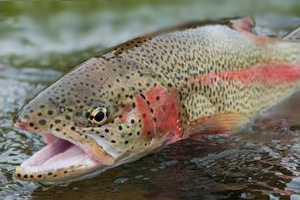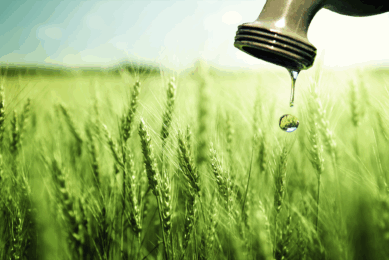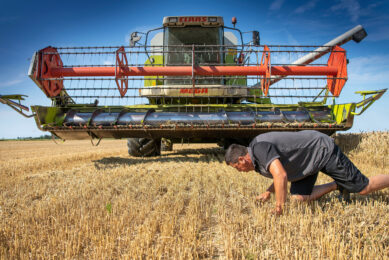Experts discuss feed challenges at Feed Science Day

What are the benefits of wheat gluten in animal feed and how can we step up immunity through nutrition? A number of experts discussed these challenges on the ‘Feed Science Day’, organised in Paris by the company Tereos Syral.
Global demand for proteins is dramatically increasing, and Europe relies for 70% on imports. More vegetable proteins are being investigated to include in animal diets- such as hydrolysed wheat proteins. “They can be used in different animal species in replacement of animal proteins, especially in starter feed for piglets and calves, without affecting digestibility and health”, as explained by Dr Emmanuelle Apper (Tereos Syral).
“These proteins have an interesting profile of amino-acids, especially a high level of glutamine and sulphur amino-acids, and no anti-nutritional factors. In terms of gut health and immunity, they perform better than other vegetable proteins and as good as animal proteins. Growth performance is maintained when 5 to 15% animal or milk proteins in diets are replaced by hydrolysed wheat proteins”, Apper explained.
Use in rainbow trout
Pr Dr Trond Storebakken (Norwegian University of Life Sciences) presented recent findings on the nutritional value of vital wheat gluten and hydrolysed wheat gluten in rainbow trout. They appeared to be more digestible than protein from high quality fish meal, and provided equivalent efficiency in terms of feed intake, growth and feed conversion. He also reported on the technical expertise needed to be able to formulate fish pellets with the required physical quality, due to gluten viscosity, especially at high incorporation rates. “Increasing gluten content brings benefits for both the extrusion process and pellets characteristics: increased production capacity, increased pellet hardness and reduced fat leakage”, Storebakken explained.
Gut health in animals
The second major topic of the day was the influence of nutrition on development, more specifically on immunity. Cindy le Bourgot (INRA) presented her results on dietary supplementation of piglets with short chain fructo-oligosaccharides (scFOS), soluble fibres defined as prebiotics. By enhancing the development of the intestinal immune system, early scFOS supplementation was shown to impact later adult immune response to high fat diet, decreasing inflammation. As explained by Dr Alfons Jansman (Wageningen University), current research is focused on a decreased use of antibiotics and the improvement of gut function and immunity via nutrition to increase productivity. The diet can modulate all functions of the gut via the presence of functional ingredients (e.g. plasma proteins, medium chain fatty acids), specific feed additives (e.g. pre- and probiotics, plant extracts) and via its nutrient composition (e.g. level of fermentable carbohydrates and non-enzymatically digestible protein).
Trials in aquaculture
Dr Frédérique Respondek (Tereos Syral) presented recent trials in aquaculture testing the concept of synbiotic with scFOS. In salmon, it shows high efficiency in increasing immunity. Other results in triangular bream showed a significant improvement of innate immunity, antioxidant capability and overall improved disease resistance. The synbiotic concept is certainly of great interest for animal nutrition even if more research would be required to define efficient associations of prebiotics and probiotics.











